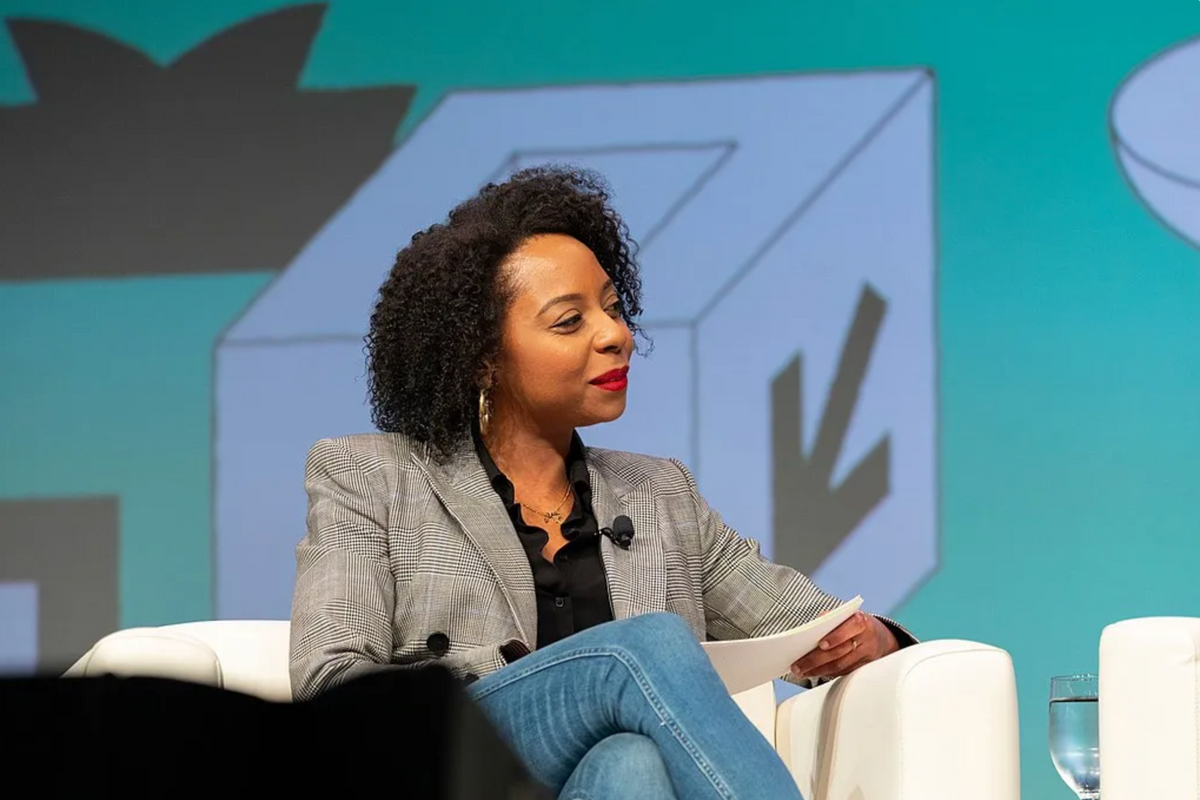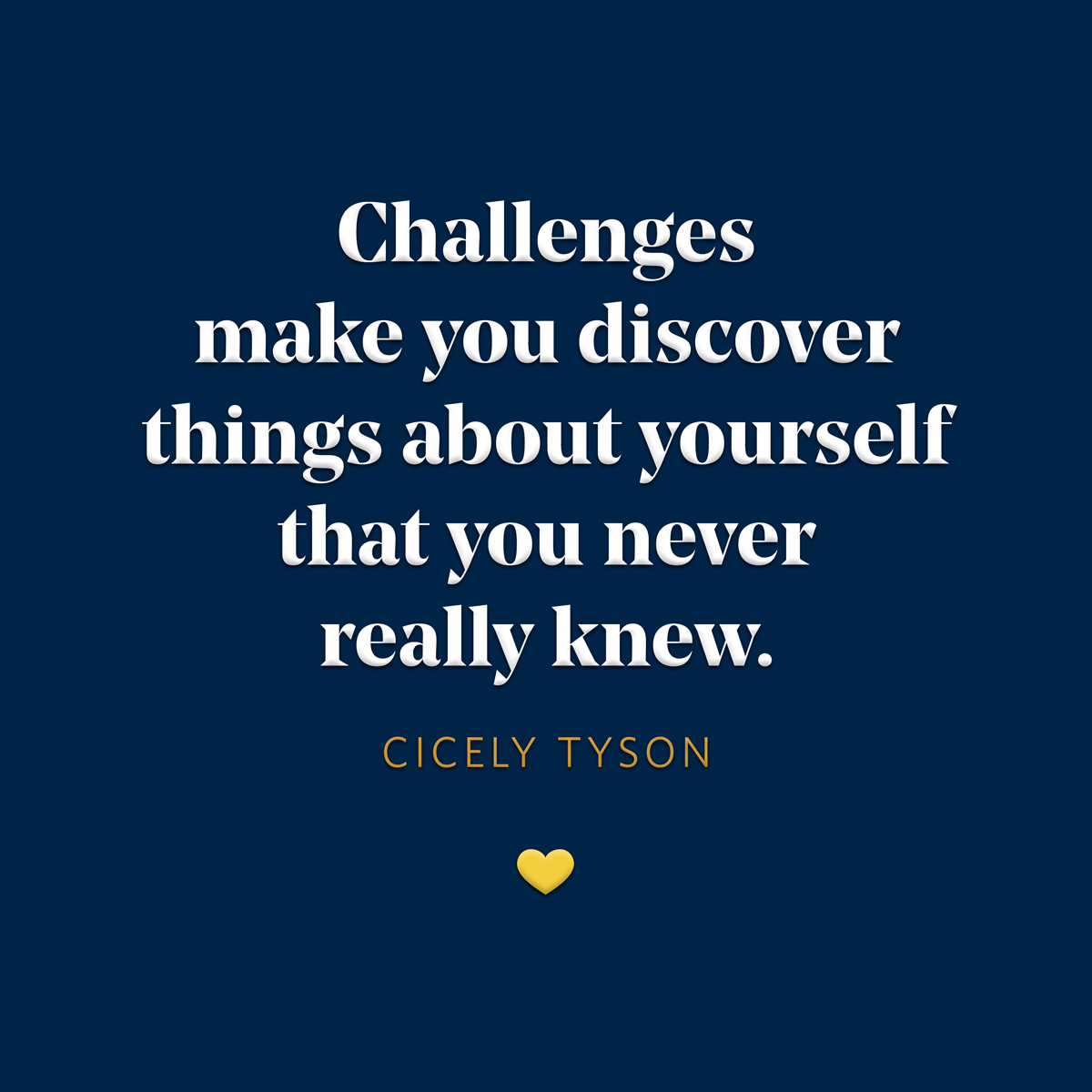OHF Weekly - OHF Weekly’s Best of 2023
|
Older messages
Oppression in the Kitchen, Delight in the Dining Room
Wednesday, December 27, 2023
At one plantation museum in Virginia, the story of enslaved chocolatier Caesar shows the oppression that lay behind the elites' culinary treat. OHF WEEKLY Oppression in the Kitchen, Delight in the
Increasing Racial Diversity without Affirmative Action
Friday, December 22, 2023
The author of a new book on affirmative action in higher education discusses how colleges might still be able to become more diverse now that affirmative action has been banned. OHF WEEKLY Increasing
Happy Holidays!
Friday, December 22, 2023
A message from the OHF Weekly editors, “Increasing Racial Diversity without Affirmative Action,” and a quote by Amanda Gorman. OHF WEEKLY Happy Holidays! By The OHF Weekly Editors • 21 Dec 2023 •
Congressional Anti-Intellectualism Draws Blood, Again
Sunday, December 17, 2023
During a recent six-hour grilling, a new reality emerged: Attitude now gives license to punish others — a way of being that re-concretizes a pigmentocracy's values. OHF WEEKLY Congressional Anti-
Should White Folks Be Silent about Racism?
Saturday, December 16, 2023
OHF WEEKLY, Vol. 5 No. 42: Editor's Letter; Articles on Why Orgs Fail at DEI, the Holidays and the Enslaved; Racism in Public Education; A Course on How Newspapers Covered Lynchings; and a quote by
You Might Also Like
What to Watch For in Trump's Abnormal, Authoritarian Address to Congress
Tuesday, March 4, 2025
Trump gives the speech amidst mounting political challenges and sinking poll numbers ͏ ͏ ͏ ͏ ͏ ͏ ͏ ͏ ͏ ͏ ͏ ͏ ͏ ͏ ͏ ͏ ͏ ͏ ͏ ͏ ͏ ͏ ͏ ͏ ͏ ͏ ͏ ͏ ͏ ͏ ͏ ͏ ͏ ͏ ͏ ͏ ͏ ͏ ͏ ͏ ͏ ͏ ͏ ͏ ͏ ͏ ͏ ͏ ͏ ͏ ͏ ͏ ͏ ͏ ͏ ͏ ͏ ͏
“Becoming a Poet,” by Susan Browne
Tuesday, March 4, 2025
I was five, / lying facedown on my bed ͏ ͏ ͏ ͏ ͏ ͏ ͏ ͏ ͏ ͏ ͏ ͏ ͏ ͏ ͏ ͏ ͏ ͏ ͏ ͏ ͏ ͏ ͏ ͏ ͏ ͏ ͏ ͏ ͏ ͏ ͏ ͏ ͏ ͏ ͏ ͏ ͏ ͏ ͏ ͏ ͏
Pass the fries
Tuesday, March 4, 2025
— Check out what we Skimm'd for you today March 4, 2025 Subscribe Read in browser But first: what our editors were obsessed with in February Update location or View forecast Quote of the Day "
Kendall Jenner's Sheer Oscars After-Party Gown Stole The Night
Tuesday, March 4, 2025
A perfect risqué fashion moment. The Zoe Report Daily The Zoe Report 3.3.2025 Now that award show season has come to an end, it's time to look back at the red carpet trends, especially from last
The FDA Just Issued a Recall on a Supplement — Because it Contains an ED Drug
Monday, March 3, 2025
View in Browser Men's Health SHOP MVP EXCLUSIVES SUBSCRIBE The FDA Just Issued a Recall on a Supplement — Because It Contains an ED Drug The FDA Just Issued a Recall on a Supplement — Because It
10 Ways You're Damaging Your House Without Realizing It
Monday, March 3, 2025
Lenovo Is Showing off Quirky Laptop Prototypes. Don't cause trouble for yourself. Not displaying correctly? View this newsletter online. TODAY'S FEATURED STORY 10 Ways You're Damaging Your
There Is Only One Aimee Lou Wood
Monday, March 3, 2025
Today in style, self, culture, and power. The Cut March 3, 2025 ENCOUNTER There Is Only One Aimee Lou Wood A Sex Education fan favorite, she's now breaking into Hollywood on The White Lotus. Get
Kylie's Bedazzled Bra, Doja Cat's Diamond Naked Dress, & Other Oscars Looks
Monday, March 3, 2025
Plus, meet the women choosing petty revenge, your daily horoscope, and more. Mar. 3, 2025 Bustle Daily Rise Above? These Proudly Petty Women Would Rather Fight Back PAYBACK Rise Above? These Proudly
The World’s 50 Best Restaurants is launching a new list
Monday, March 3, 2025
A gunman opened fire into an NYC bar
Solidarity Or Generational Theft?
Monday, March 3, 2025
How should housing folks think about helping seniors stay in their communities? ͏ ͏ ͏ ͏ ͏ ͏ ͏ ͏ ͏ ͏ ͏ ͏ ͏ ͏ ͏ ͏ ͏ ͏ ͏ ͏ ͏ ͏ ͏ ͏ ͏ ͏ ͏ ͏ ͏ ͏ ͏ ͏ ͏ ͏ ͏ ͏ ͏ ͏ ͏ ͏ ͏ ͏ ͏ ͏ ͏ ͏ ͏ ͏ ͏ ͏ ͏ ͏ ͏ ͏ ͏ ͏ ͏ ͏ ͏ ͏ ͏













